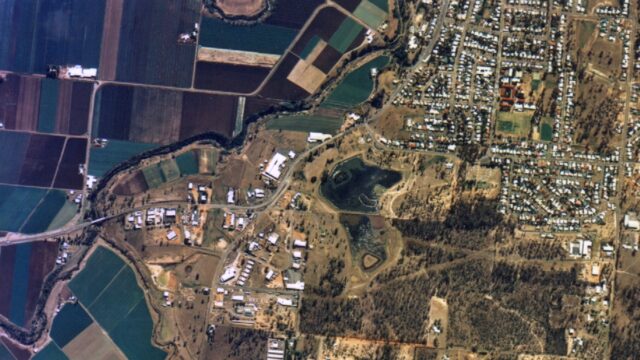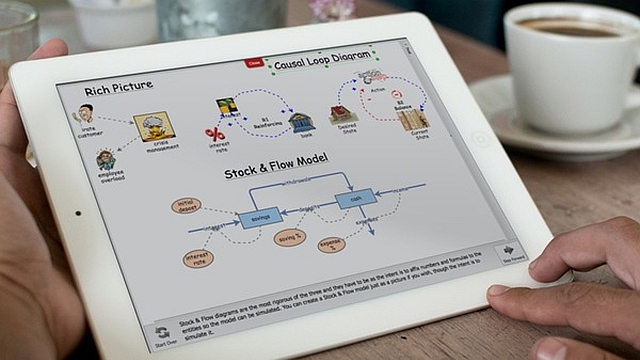
Two practical KM guides on “getting good” at leading complex projects and crisis response
In the last couple of years, there has been a noticeable upsurge in interest about complexity and systems thinking. Two guides have just been published which aim to support practical decision-making and competence building in this space, albeit from quite different perspectives and with different purposes.
The first publication is Managing complexity (and chaos) in times of crisis. A field guide for decision makers inspired by the Cynefin framework1. It represents a joint effort by the Joint Research Centre (JRC), the European Commission’s science and knowledge service, and the Cynefin Centre, and is co-authored by Dave Snowden and Alessandro Rancati.
The MCCC Field Guide (as it will be referred to henceforth) is laser-focused about its role in providing specific, practical implementation advice, rather than spending time on explaining theory. Indeed, there is no detailed discussion of Cynefin until page 58! As a result, the proposed processes and methods can appear prescriptively eclectic. There is no real ability to understand and learn why certain actions are recommended; just that they are recommended.
It proposes a four-stage approach to crisis response:
- Assess the type of crisis and initiate a response.
- Adapt to the new pace and start building sensing networks to inform decisions.
- Repurpose existing structures and working methods to generate radical innovation.
- Transcend the crisis, formalise lessons learnt and increase resilience.
More generally the MCCC Field Guide “stresses the importance of setting and managing boundaries, building informal structures, keeping options open, distributing engagement and keeping an ongoing assessment of the evolving landscape”. It is no doubt a useful and practical contribution, but significant prior knowledge is necessary if you wish to engage with the content more critically. (To be fair David Snowden acknowledges the problem, writing in his announcement blog post that “[n]ormally you write the theory book first and then the Field Guide follows, this time we have done it the other way round”.)
By contrast, the Leadership in Complexity2 framework published by the Global Alliance for the Project Professions (GAPPS) focuses on how to specify and build the core competence and abilities of leaders operating in complex environments. The stated goal of the document is to define a competence-based framework for leaders who are operating in complex environments, outlining “minimum acceptable performance” and “minimum competencies” required “for anyone endeavouring to get things done in the face of complexity across all types of endeavour and in all roles and contexts”.
Additionally, Appendix D of the framework provides a number of tools for diagnosing complexity which are likely to be extremely useful in broadening the clinical tools available for KM practitioners. The listed tools are:
- Goals and methods matrix – modal choice based on how well established the goals and methods are for solving a particular solution
- Crawford-Ishikura Factor Table for Evaluating Roles (CIFTER) – evaluates causes of management complexity
- Aitken-Carnegie-Duncan Complexity (ACDC) diagnostic – categorises programs based on their management complexity
- IPMA Complexity Sheet – specifically for evaluating project management complexity
- Crawford and Pollack’s Hard and Soft Continuum – a framework for discussion and shared understanding of the complexity of endeavour as a basis for action
- Maylor, Turner and Murray-Webster Complexity Assessment Tool (MTMCAT) – supports early identification of complexities to minimize negative impact.
The GAPPS framework fills a different niche in that it describes what people should know as expert practitioners and managers, but provides little tangible guidance about how to approach specific situations. It is, nonetheless, a valuable contribution alongside the CILIP professional knowledge and skills base which further fleshes out the expertise and capabilities organisations should expect and strive to instill in their KM practitioners.
References:
- Snowden, D., and Rancati, A. (2021). Managing complexity (and chaos) in times of crisis. A field guide for decision makers inspired by the Cynefin framework. Luxembourg: Publications Office of the European Union. ↩
- GAPPS. (2021). A Guiding Framework for Leadership in Complexity. Global Alliance for the Project Professions (GAPPS). ↩






